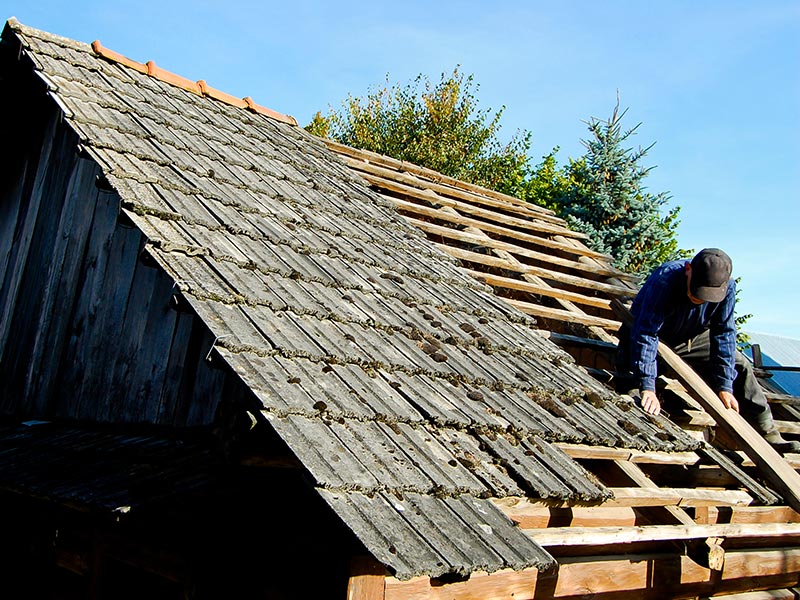What to Ask Before Replacing Your Roof?
In the Pacific Northwest, replacing a roof is not merely a matter of materials or price. The region’s persistent dampness and fluctuating temperatures demand closer scrutiny of what lies beneath the shingles. Chief among the overlooked considerations is ventilation.
Proper ventilation is not an upgrade; it is fundamental to the longevity of your roofing system.
When meeting with contractors, homeowners should ask directly about the type of ventilation proposed and how it supports moisture control and airflow within the attic space. Ventilation affects everything from mold prevention to energy efficiency. A poorly ventilated attic traps moisture, which accelerates wood decay, undermines insulation, and compromises the structural integrity of the roof over time.
Good ventilation also regulates attic temperatures, reducing the likelihood of ice dams in colder seasons and minimizing cooling costs during warmer months. Inadequate airflow can void manufacturer warranties or shorten the expected lifespan of even high-end roofing materials. Despite its critical function, ventilation is often mentioned only in passing during estimates or buried in technical jargon.
At Ascend Roofing, we regularly encounter roofs compromised not by age, but by invisible issues stemming from improper venting. For this reason, we recommend homeowners ask for specific details: What ventilation strategy is appropriate for your home’s design? How will intake and exhaust be balanced? What methods will be used to ensure compliance with building codes and best practices?
Taking the time to clarify these points before installation begins can prevent costly repairs down the road. A roof should protect from the outside in, but without proper ventilation, it cannot protect from within.




